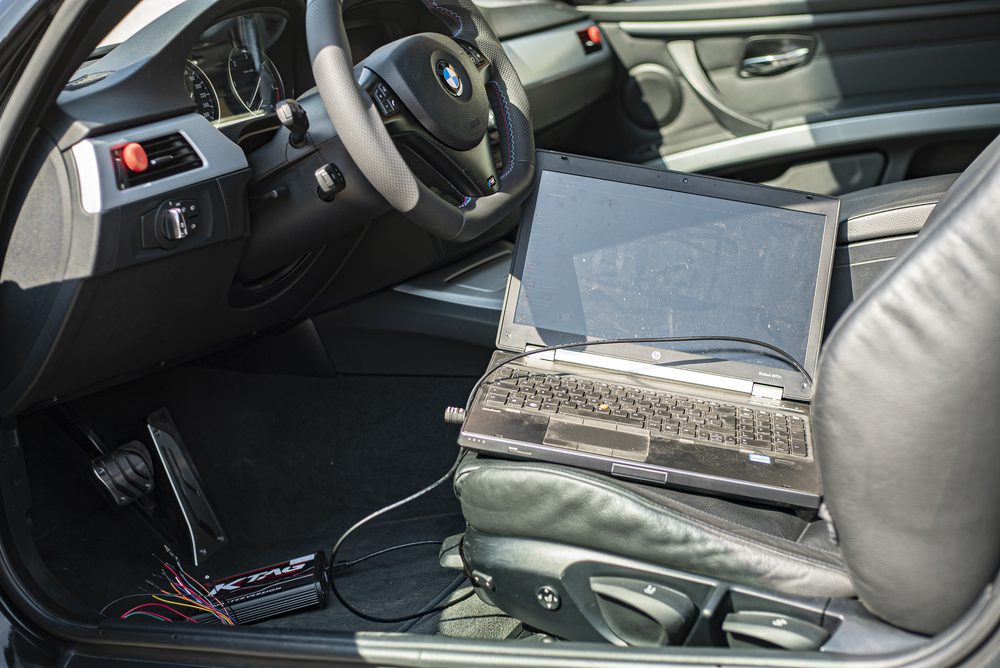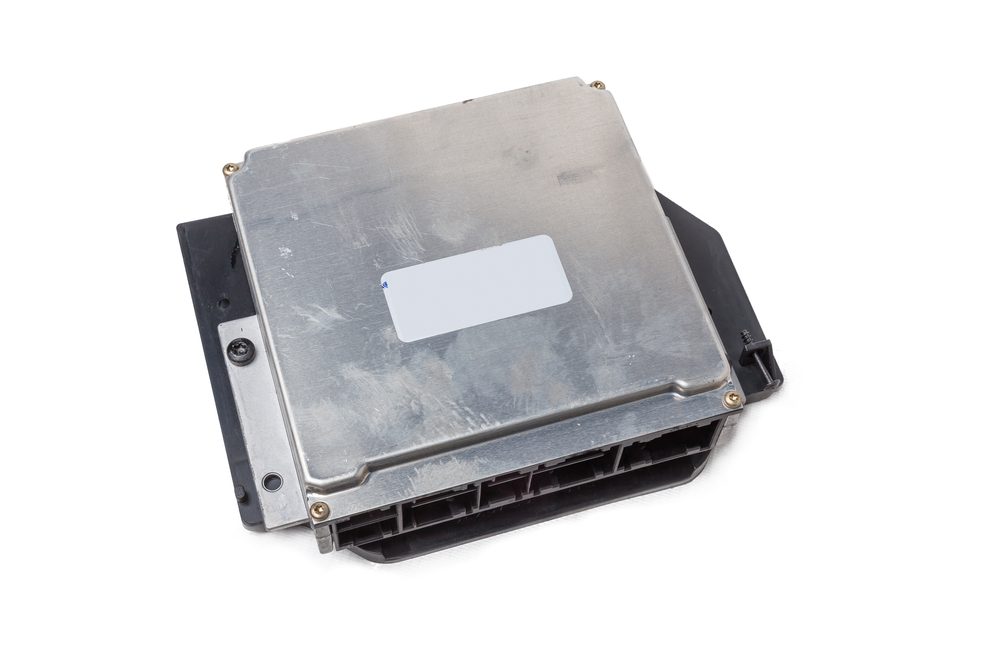What are ECUs in cars?
In modern cars, Electronic Control Units (ECUs) play a crucial role in controlling various systems and functions. ECUs are essentially small computers that monitor and manage different aspects of a vehicle’s performance.
The role of ECUs
ECUs are responsible for collecting data from sensors placed throughout the vehicle and using that information to make decisions and control specific functions. They receive input from various sensors such as those monitoring engine temperature, air pressure, wheel speed, and many others.
One notable ECU in a car is the Engine Control Unit (ECU), which is primarily responsible for monitoring and controlling the engine’s performance. It collects data from numerous sensors and adjusts fuel injection, ignition timing, and other parameters to optimize the engine’s efficiency and power output.
Another important ECU is the Anti-lock Braking System (ABS) control module. It constantly receives data from wheel speed sensors and adjusts braking pressure to prevent wheel lockup during emergency braking situations.
The evolution of ECUs
The use of ECUs in cars has evolved over the years, with early vehicles having only a few dedicated ECUs, while modern cars often have dozens of interconnected ECUs. This increase in the number of ECUs is due to the growing complexity of vehicle systems and the need for greater control and precision.
“The rise of ECUs in cars has revolutionized how vehicles operate and perform. With each ECU dedicated to a specific function, cars can now achieve optimal performance, increased safety, and improved fuel efficiency.”
Types of ECUs
There are multiple types of ECUs found in cars today, each responsible for a specific set of functions. Some common types of ECUs include:
- Engine Control Unit (ECU)
- Transmission Control Unit (TCU)
- Anti-lock Braking System (ABS) control module
- Airbag Control Module (ACM)
- Body Control Module (BCM)
- Climate Control Unit (CCU)
Challenges and advancements
While ECUs have greatly improved the performance and functionality of cars, they also present challenges. With multiple ECUs communicating and interacting with each other, the risk of system failures and malfunctions increases. Car manufacturers are continually working to improve ECU reliability and develop more advanced diagnostic systems.
Newer vehicles also incorporate advanced technologies like Artificial Intelligence (AI) and Machine Learning (ML) algorithms into their ECUs. This allows for more precise control and the ability to adapt to changing conditions in real-time.
How many ECUs does a car have?
The number of Electronic Control Units (ECUs) in a car can vary depending on the make and model. Modern cars are equipped with multiple ECUs that perform various functions to ensure the smooth operation of the vehicle.
Engine Control Unit (ECU)
The most important ECU in a car is the Engine Control Unit (ECU), which is responsible for managing the engine’s performance and efficiency. The ECU monitors various sensors and adjusts fuel injection, ignition timing, and other parameters to optimize engine performance.
Transmission Control Unit (TCU)
In addition to the ECU, many cars have a separate Transmission Control Unit (TCU) that controls the operation of the transmission system. The TCU ensures smooth gear shifts and helps improve fuel efficiency.
Body Control Module (BCM)
The Body Control Module (BCM) is another ECU found in modern cars. It controls various electrical and electronic functions such as lighting, power windows, door locks, and climate control.
Anti-lock Braking System (ABS) Control Module
The Anti-lock Braking System (ABS) Control Module is responsible for monitoring the wheel speeds and modulating the braking pressure to prevent wheel lockup during sudden stops. This ECU helps enhance the safety and stability of the vehicle.
Other ECUs
Depending on the features and systems installed in a car, there may be additional ECUs such as the Airbag Control Module, Climate Control Module, Infotainment Control Unit, and more. Each ECU serves a specific purpose and contributes to the overall functionality of the car.
ECUs play a vital role in the performance, safety, and comfort of modern cars. They work together to ensure optimal operation and provide a seamless driving experience.
“The integration of multiple ECUs in modern cars allows for precise control over various vehicle systems, resulting in improved performance, efficiency, and safety.” – Car Technician
To provide a clearer understanding, here is a table summarizing some common ECUs found in cars:
| ECU | Function |
|---|---|
| Engine Control Unit (ECU) | Controls engine performance |
| Transmission Control Unit (TCU) | Manages the transmission system |
| Body Control Module (BCM) | Controls electrical functions |
| Anti-lock Braking System (ABS) Control Module | Ensures safe braking |
In conclusion, a car can have multiple ECUs, with each ECU dedicated to controlling specific aspects of the vehicle’s functionality. The integration of these ECUs allows for efficient and precise control over various systems, resulting in a better driving experience.
Do all vehicles have an ECU?
An Engine Control Unit (ECU) is a vital component in modern vehicles that helps to manage and control various systems, including the engine, transmission, fuel injection, and more. However, it is important to note that not all vehicles have an ECU.
Traditional Vehicles:
Older vehicles, especially those manufactured before the late 20th century, typically do not have an ECU. These vehicles relied on mechanical systems and did not require electronic control for their operation. Instead, they utilized carburetors, distributor points, and mechanical fuel pumps for control and regulation.
Modern Vehicles:
On the other hand, virtually all modern vehicles, including cars, motorcycles, trucks, and even some industrial machinery, are equipped with an ECU. The advancements in technology and the increased complexity of vehicle systems necessitated the use of electronic control units for efficient and reliable operation.
Role of the ECU:
The ECU serves as the “brain” of the vehicle, collecting data from various sensors throughout the vehicle and making real-time adjustments to optimize performance, fuel efficiency, and emissions. It takes inputs from sensors such as the oxygen sensor, throttle position sensor, mass airflow sensor, and many others to ensure the vehicle functions optimally.
Benefits of ECUs:
The presence of an ECU in modern vehicles offers several advantages. It enables more precise control over various systems, leading to improved fuel efficiency, reduced emissions, enhanced performance, and better diagnostic capabilities. Additionally, ECUs also provide features like cruise control, anti-lock braking system (ABS), traction control, and electronic stability control.
While older vehicles did not have ECUs, virtually all modern vehicles are equipped with this essential component. The ECU plays a crucial role in managing and controlling various systems to ensure optimal vehicle performance, efficiency, and safety.
Conclusion
In conclusion, ECUs have become an integral part of modern cars, providing greater control, efficiency, and safety. These small yet powerful computers monitor and manage various systems, allowing vehicles to operate at their best potential. As automotive technology continues to advance, ECUs will play an even more significant role in shaping the future of transportation.



